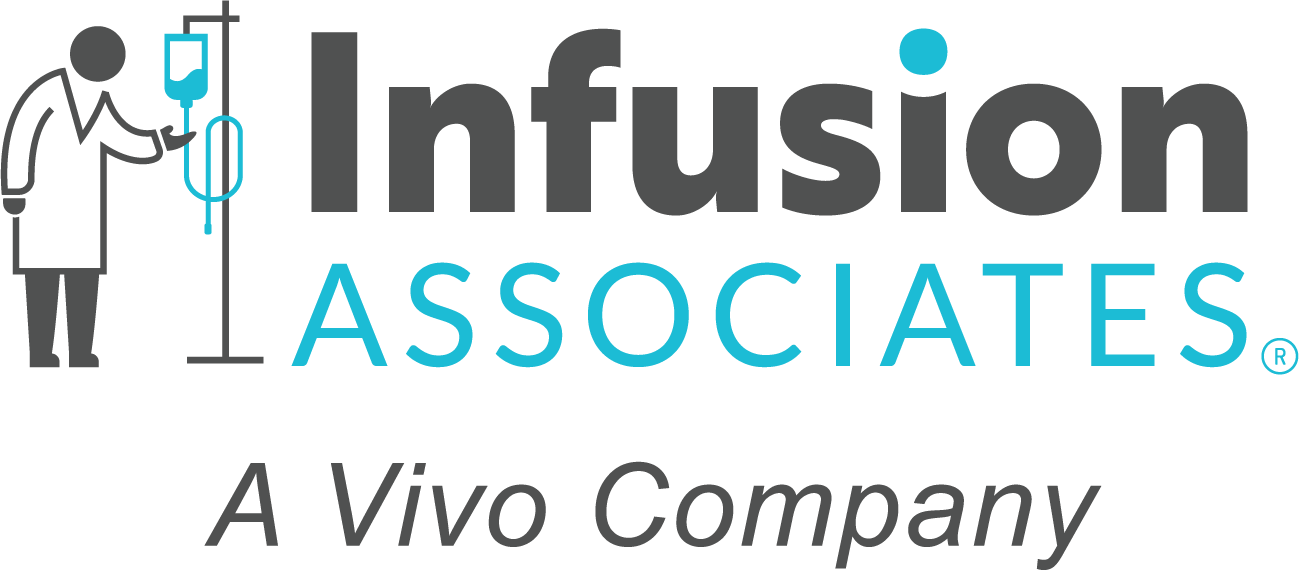Whether due to age, work duties, exercise, or simply going on about your everyday activities, at some point or another, everyone experiences aches and pains. And it’s precisely because they can be so common that it’s easy to ignore early warning signs of a medical condition. However, if the discomfort becomes chronic or affects your mobility, chances are there’s something more serious going on. Such is the case with ankylosing spondylitis.
What is Ankylosing Spondylitis?
Ankylosing Spondylitis (AS) is a form of arthritis. It causes inflammation on the vertebrae — the small bones that form the spine. Ordinarily, each vertebra is separated by discs that are made of cartilage and allow you to move your spine. When a person has AS, the vertebrae fuse together, making the spine less flexible. As a result, you may notice a hunched posture, as well as breathing difficulties — as the decreased mobility of the spine starts to affect the ribs. Additional symptoms include:
- Neck pain
- Lower back pain
- Stiffness of the lower back
- Stiffness of the hips
- Fatigue
It’s common for the pain to decrease during exercise and worsen during periods of rest — which means you likely feel worse upon first waking up in the morning or if you wake up in the middle of the night. The condition occurs in men more often than women, and symptoms generally appear during adolescence or early adulthood.
Treatment Options for Ankylosing Spondylitis
While ankylosing spondylitis can be treated with oral nonsteroidal anti-inflammatory medications (NSAIDs), these can have drawbacks. For some patients, they may cause gastrointestinal bleeding. For others, underlying medical conditions may make it difficult or impossible to swallow pills. Then there are individuals for whom NSAIDs have failed to provide relief. This is when biological treatment comes in. The most common types of infusion medications used to treat AS include:
What is biological therapy treatment?
Biological therapy — stimulates the immune system by either suppressing the over-response or activating it. Biological therapy treatment targets the parts of the immune system that are triggering inflammation causing diseases such as auto-immune disorders. Specific medications used for biological therapy include:
There are different types of biological therapies. Some are designed to regulate cell growth and immune responses, while others increase the production of white blood cells to fight inflammation.
How Biological Therapy Treatment Works
When undergoing biological therapy, a healthcare provider will insert an IV into your arm. This allows the medication to instantly enter your bloodstream. The length of treatment will depend on the type of medication being administered and the severity of your condition.
Side Effects of Biological Treatment
As with any prescription medication, biological therapy has a risk of side effects. These may vary from person to person and range from relatively mild to severe. The most common ones include:
- Fever
- Chills
- Nausea
- Vomiting
- Fatigue
- Loss of appetite
- Muscle aches
- Low blood pressure
- Swelling at the site where the IV was inserted
What to Expect
When you first visit one of the Infusion Associates facilities, you’ll meet with a healthcare professional who will sit down with you to explain everything regarding your treatment. This includes information about dosage, length of each therapy, and the likelihood of side effects. This is also a good time for you to address questions and concerns you may have.
If you’d prefer a private room, you may request one. As soon as you walk in, you’ll notice we make it a priority to make all our patients feel as welcome and comfortable as possible. You’ll receive your treatment in a cozy reclining chair. You’ll also have a list of amenities — including blankets, television screens, WiFi, water, tea, or coffee. You are also welcome to bring your own snacks or beverage of choice. You’ll also have a nurse monitoring the infusion to ensure that everything goes smoothly.
If you would like to refer a patient to us or want to inquire about the treatments we offer, you can contact us by calling us at (616) 954-0600 or filling out this form.
